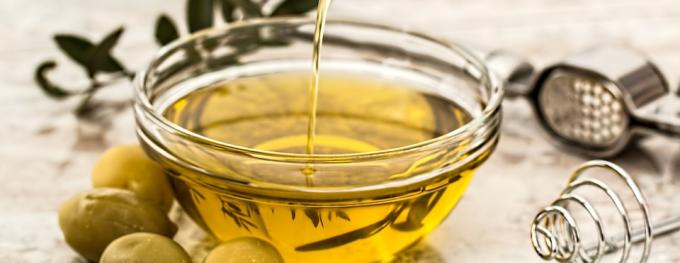
What is gout? Gout is a systemic condition which there is excessive uric acid in the joints, causing inflammation, swelling and pain. Gout is caused by the defect in metabolism, which leads to overproduction of uric acid and also reduced ability of kidney to eliminated uric acid. The body can’t get rid of excessive uric acid. The uric acid then builds up and collects in the joints and other tissues. However, the exact cause of gout is still unknown. Gout typically develops in men, and people with diabetes, kidney disease and obesity.
Gout is hard to be detected and is often confused with other diseases. Gout shows no apparent symptoms most of the time. Most people begin to be aware of it when the painful attack arrives without warning signs. Unfortunately, no one knows the exact cause of gout. Some factors may contribute to the development of gout, including family history, triglycerides, weight gain, alcohol, purine-rich foods, high blood pressure, kidney disease, crash diets, and certain medications like antibiotics and cancer chemotherapy drugs.
Gout symptoms* swollen, read joints* excruciating and sudden pain in big toe, heel, or ankle* nausea * vomiting * abdominal swelling* extreme low-back pain* joint pain that begins suddenly, affect one or more joints* stiffness of the joints*
Gout Treatment Treatments for gout emphasize in reducing the amount of uric acid in the joints. The common medications for gout are nonsteroidal anti-inflammatory drugs (NSAIDs) and colchicines. These remedies help to reduce pain, swelling, and inflammation associated with gout. Other medications including Corticosteroids, Codeine or other analgesics are sometimes used to treat gout. The possible side effects of gout drugs include skin rash, headache, stomach cramps, dizziness, nausea and vomitting. In addition, dietary changes play important role in gout treatment and prevention.
Gout – Diet therapy
Diet therapy is very helpful in gout treatments and preventions. Gout is caused by excessive uric acid in the body. It is vital to avoid purine-rich foods because purine raises the uric acids in the body. The main source of purine is as listed
Shellfish: lobster, crayfish, prawns, mussles, oysters, crabs, scallops;
Organ meats: liver, kidney, brains, sweetbreads;
All red meat, especially games;
Vegetables: peas and beans;
Fish: anchovies, mackerel, sardines, herring;
Alternatively, you may consider vegetarian diet. Do eat plenty of raw fruit, vegetables, grains, seeds, and nuts. Cherries and strawberries are found to be beneficial to relief pain associated with gout.
Drink lots of water especially purified water to dissolve toxins. Dehydration may cause the build-up of uric acid in the body. Avoid drinking alcohol because alcohol may raise uric acid levels.
How supplements can help?
There are natural remedies that help to treat and prevent gout, without the side effects of conventional medications:
Bromelain is an enzyme derived from pineapples which helps to prevent and treat gout. Bromelain exhibits excellent anti-inflammatory characteristics and is useful to fight all kinds of inflammations. It may relief joint pain associated with gout.
Quercetin is a flavonoid that may helps to reduce levels of uric acid and eliminate inflammations. Quercetin should be taken with Bromelain to promote better absoption to the body.
Olive Leaf, Bilberry and flavonoids may reduce uric acid levels, thus help to ease the symptoms of gout. Cherries is a tradisional remedy to prevent and treat gout because it contains flavonoids.
Turmeric is a powerful herb that fights inflammations. Turmeric has been used extensively in Chinese and Ayurvedic medicine against gout, arthritis and other inflammatory conditions.